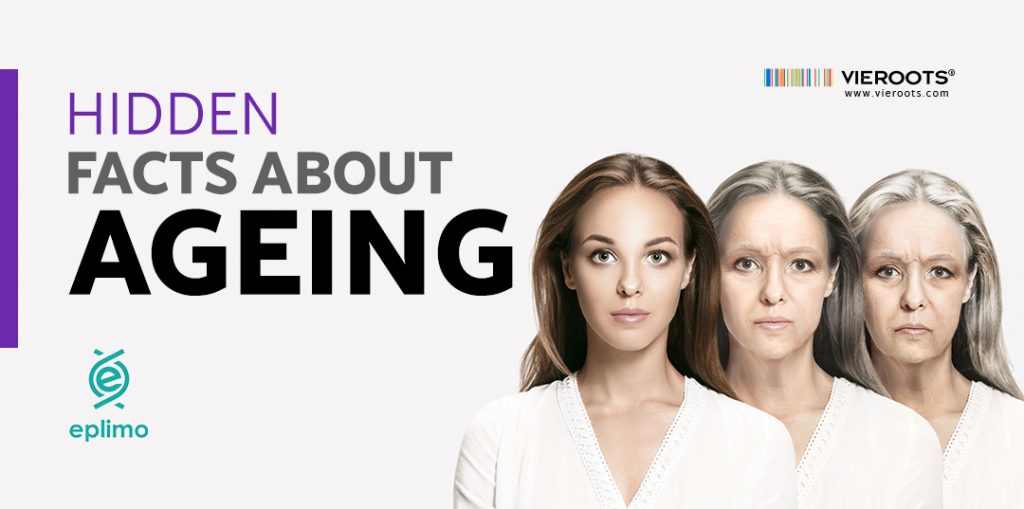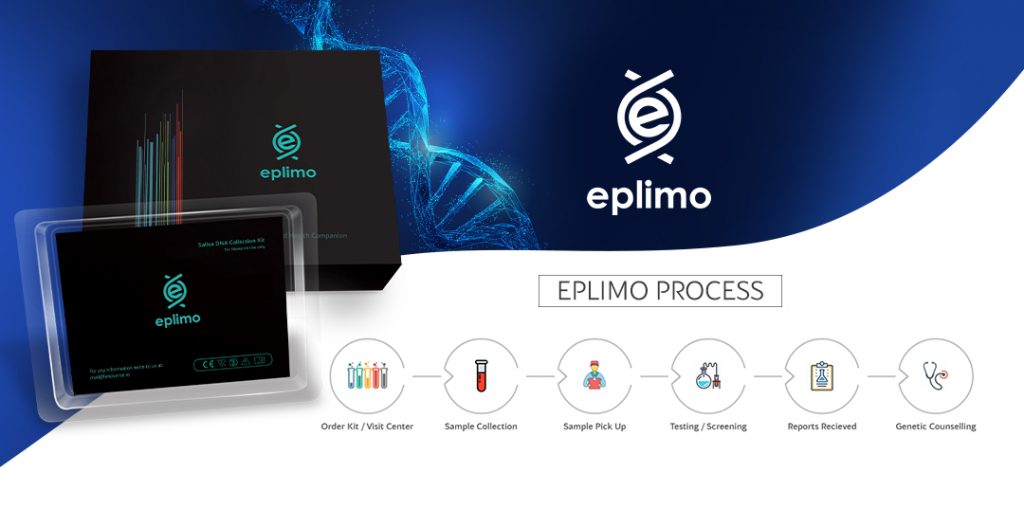Hidden Facts about ageing!

Age is inevitable. Ageing isn’t.
Marv Levy
Ageing
According to the World Health Organization:
“At the biological level, ageing results from the impact of the accumulation of a wide variety of molecular and cellular damage over time. This leads to a gradual decrease in physical and mental capacity, a growing risk of disease, and ultimately death. These changes are neither linear nor consistent and are only loosely associated with a person’s age in years. The diversity seen in older age is not random. Beyond biological changes, ageing is associated with other life transitions like retirement, relocation to more appropriate housing, and the death of friends and partners.”
Ageing – a ‘Catch 22’
Ageing is becoming older. To be more poetic, it is simply “Growing Old,” often attributed to wrinkles, grey hair, age spots, or diminished functions, and is indeed an ordeal.
It is an accumulation of physical, psychological, and social changes over time. It increases the risks of disease, like lifestyle diseases example diabetes, cardiovascular disease, stroke, and more. The Blue Zone region, home to some of the oldest and healthiest people in the world is an exception.

They incorporate and follow a strict lifestyle that includes mostly eating a plant-based diet, exercising regularly, drinking moderate amounts of alcohol, getting enough sleep, and having a good spiritual, family, and social networks.
These lifestyle factors associates with longer life and promotes healthy ageing.
Is it a disease?
Traditionally, growing old was a natural process. Studies carried out in recent years put forth it as a disease within itself.
Though skin ageing is accepted as the norm and seen as separate from disease photoaging, the accelerated deterioration of skin as a result of UV rays is considered a condition leading to pathology by dermatologists.
(Rabe et al., 2006)
The ideology of ageing comprises a natural and universal process, and diseases are deviations from the normal state mentioned against classifying ageing as a disease.
The objective of biomedical research is to let people be healthy.
Therefore, rejecting the supposed acceptance of the tag “natural” better validates medical efforts to either eliminate it or eliminate undesirable conditions associated with it, says Callahan and Topinkova (1998).
A drastic transformation would happen as anti-ageing therapies from the Federal Drug Administration’s rules for cosmetic medicine would shift to rigid regulations for disease treatment and prevention.
Theories and concepts
There exist many theories proposed on the mechanism of ageing. Some commonly discussed theories are the free radical theory, the membrane theory of ageing, the decline theory, etc.
No theory sufficiently explains the process of ageing and contradicts.
* Free Radical Theory of Ageing
Few years back, the only theory of ageing was the Free Radical Theory of Ageing and it believed the root cause of old-age diseases was the excess free radicals.
This disputes as free radicals have numerous other advantageous roles in the body.
* Cellular senescence
A process in which cells cease dividing and undergo alterations of a set of observable characteristics or traits.
Recent discoveries have developed the profounding role of cellular senescence in tissue repair, ageing, and age-related disorders.
* NRF2
NRF2 is an expert controller of the balance between reducing and oxidizing reactions within cells and the regulation of biological responses and events, which declines with age.
It is a transcription factor that transcriptionally upregulates genes that battle oxidative stress.
Loss of NRF2 permits oxidative stress to move clear-cut and drive the ageing traits. Oxidative stress is a key feature of ageing, as it disturbs the process that regulates proteins within the cell, alters genomic stability, and leads to cell death.
* Telomeres
The discovery of telomeres brought changes in the study of longevity and the process of ageing.
Telomeres are the specific DNA–protein structures seen at both ends of each chromosome protecting the ends of chromosomes from damage or fusing with nearby chromosomes.
It shortens with each round of cell division, each time a cell copies itself.
Telomeres get too short to perform the task, causing the cells to age and stop functioning properly.
“In population studies, researchers have found that older people have shorter telomeres, Eventually, the cells with shorter telomeres can no longer replicate. This affects more and more cells over time, leading to tissue damage and the dreaded signs of ageing.”
The Making of a Super Human (Page No. 68)

Do you know?
Telomere length functions as a biological clock to decide the lifespan of a cell and an organism.
* Gut health
Gut microorganisms present in the gut regulate its normal functions like food digestion and absorption, and provide essential nutrition.
Personal factors influence age-related alterations in the gut microbiome.
The microbiome has a mutual association with age.
It changes as the body ages, alters age-related disease, and modifies age-related impairments.
If your gut health is proper it can easily manage your ageing.
* Genetics
Several genetic factors involve in ageing.
Some specific gene combinations or genotypes determine human lifespan. Changes are outcomes of alteration in a single gene.
According to the Genome-Wide Association Studies in centenarians, the influence of genetic factors in lifespan variation combines with the genetic variants, involved in ageing and age-related diseases.
Ageing healthy
AGEING is a fear!
Getting older doesn’t mean having low quality of life and can be the best. Perhaps one of the best secrets is to maintain and treat the body well. You can unlock it and the key is EPLIMO. One of the most comprehensive genetic tests combined with a detailed metabolic assessment marked as a personalised lifestyle management solution.
Live Long Stay Young




